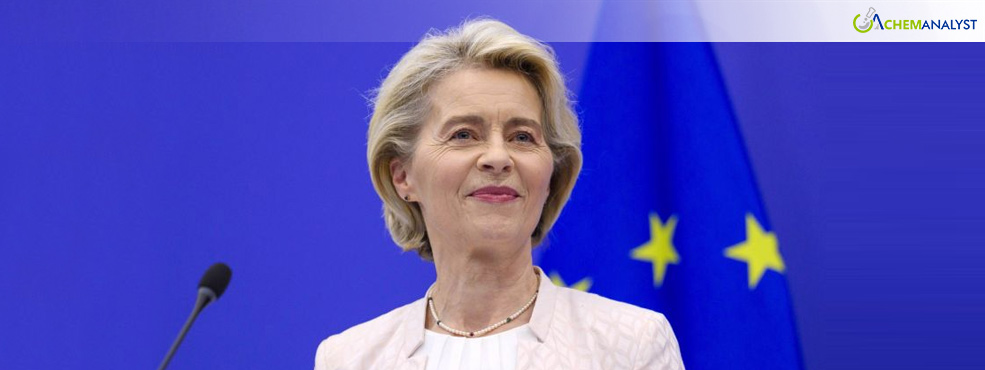Welcome To ChemAnalyst

European Commission President Ursula von der Leyen stated that Gulf Cooperation Council (GCC) countries have the potential to become pivotal clean energy hubs linking Europe, Asia, and Africa. During her address at the EU-GCC Summit, she highlighted the ongoing energy transformation in the Gulf region, which is adapting to meet evolving global energy demands.
Von der Leyen pointed out that this transformation presents an opportunity for GCC nations to diversify their energy portfolios and contribute to a more sustainable future. She underscored the importance of collaboration between the EU and GCC in developing clean energy technologies and infrastructure, which could facilitate a more integrated energy market.
By establishing themselves as energy interconnectors, GCC countries can play a vital role in enhancing energy security and driving the transition to renewable energy sources. This strategic positioning not only benefits the Gulf nations but also supports broader international efforts to combat climate change and achieve sustainability goals.
“I firmly believe that the energy advantages of this region extend to renewables, clean hydrogen, carbon capture utilization, and storage,” she stated. President von der Leyen noted that clean energy projects initiated by companies in the Gulf are increasingly gaining visibility both regionally and internationally. “This is the moment to work together to develop new value chains and markets for clean energy,” she emphasized.
She further explained that by investing in interconnections and infrastructure, the Gulf region could become a key clean energy hub, effectively linking Europe, Asia, and Africa. President von der Leyen highlighted the importance of ambitious initiatives like the IMEC (India-Middle East-Europe) economic corridor, which seeks to strengthen these connections.
“Trade and investments are the backbone of our relationship, and our economic ties are growing,” she remarked, stressing the need for more strategic connections across various sectors, including trade, energy, innovation, and technology. She particularly mentioned the significance of fostering people-to-people contacts to deepen collaboration and mutual understanding between the regions.
“This is why we aim to expand the network of European Chambers of Commerce in the region, similar to the one recently established in Saudi Arabia,” she stated.
Masdar, which is targeting a renewable energy portfolio capacity of 100 gigawatts (GW) by 2030, has signed a key agreement with ICP Infrastructure, an infrastructure fund manager associated with the Aker Group. This collaboration will explore partnership and investment opportunities in green energy infrastructure across Europe, including potential renewable projects in the Nordic countries.
Moreover, Masdar has reached a second agreement with Aker Horizons Asset Development to investigate joint development and investment prospects within the “Power to Green Hydrogen” value chain, aimed at decarbonizing challenging sectors. The company has also partnered with Yara to explore collaboration and investment in the “power-to-green ammonia” value chain, which focuses on green hydrogen. These efforts highlight the commitment to advancing sustainable energy solutions and the strategic partnerships being developed to achieve clean energy objectives.
We use cookies to deliver the best possible experience on our website. To learn more, visit our Privacy Policy. By continuing to use this site or by closing this box, you consent to our use of cookies. More info.
